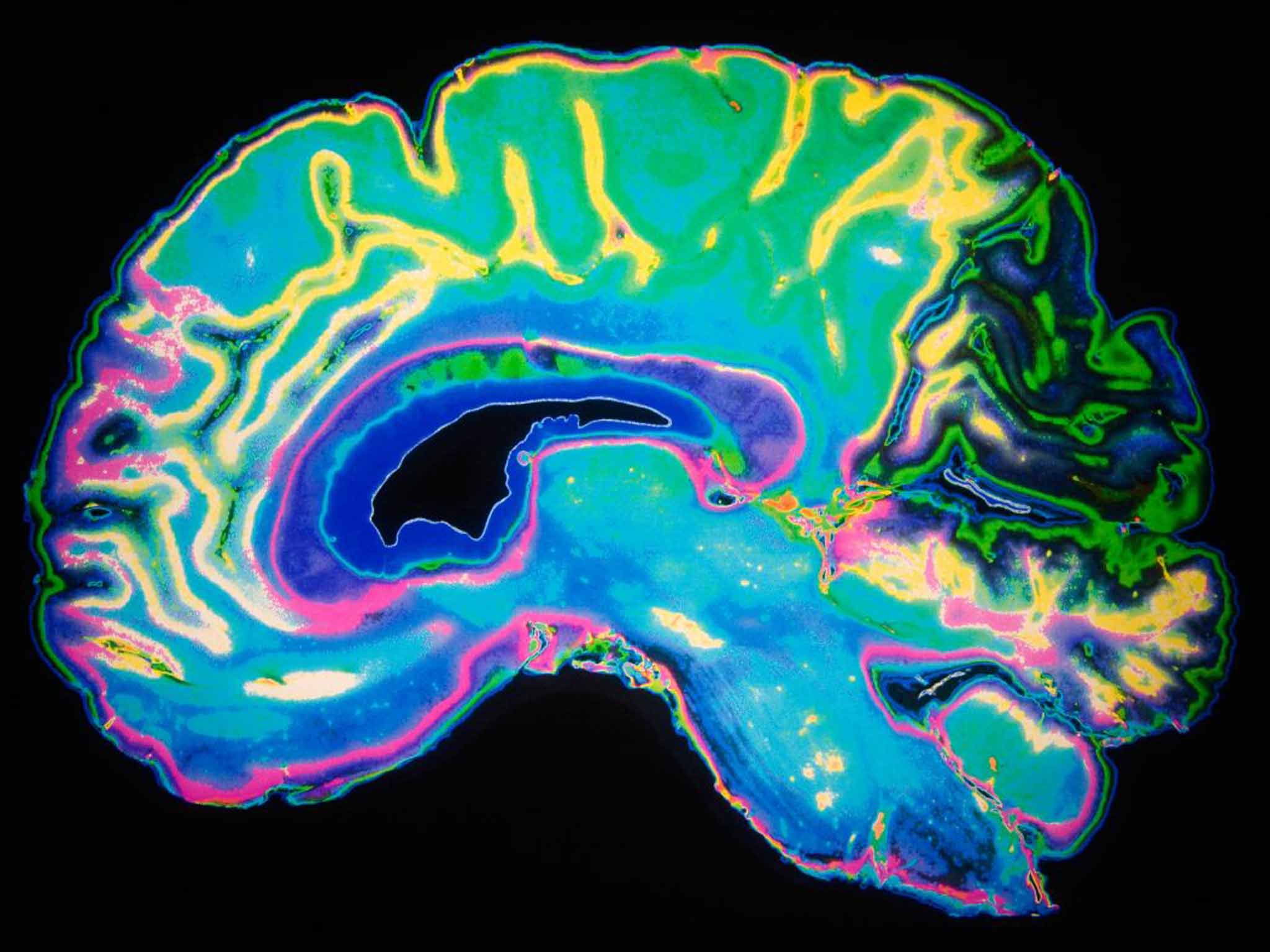Hayfever drugs 'could reduce brain size and increase risk of dementia and Alzheimer’s', study says
Scientists warn regular use of some common drugs can significantly increase the likelihood of brain disorders in older people

A group of widely used drugs available over-the-counter and on prescription could be linked to the development of dementia and Alzheimer’s in older adults, a study has found.
Scientists believe they have found a link between the prolonged use of certain drugs – including certain hayfever and incontinence treatments, and some sleeping tablets and anti-depressants – and reduced brain size.
Drugs known as anticholinergenics, which block the chemical which transfers electrical impulses between nerves, were also found to lower metabolism.
The research, led by a team at the Indiana University School of Medicine, used brain-imaging techniques and cognitive tests to assess the 451 elderly participants, of which 60 were taking at least one medication with an anticholinergenic agent.
Those taking the drug had notably reduced brain volume, and larger ventricles and cavities inside the brain.
In addition to the poorer performance regarding short-term memory, verbal reasoning, planning and problem-solving, the drug users also had lower levels of glucose metabolism in their brain – a biomarker for brain activity which leads to Alzheimer’s.
Dr Shannon Risacher, assistant professor of radiology and imaging sciences at the school and first author of the paper, said: “These findings provide us with a much better understanding of how this class of drugs may act upon the brain in ways that might raise the risk of cognitive impairment and dementia.
“Given all the research evidence, physicians might want to consider alternatives to anticholinergic medications if available when working with their older patients.”
Links have previously been found between the use of the drugs and cognitive impairment and increased dementia risks before, but this study is believed to be the first to look at the underlying biology by measuring brain metabolism and atrophy by using neuroimaging.
“These findings might give us clues to the biological basis for the cognitive problems associated with anticholinergic drugs, but additional studies are needed if we are to truly understand the mechanisms involved,” Dr Risacher said.
The research concluded anticholinergic medicines were “associated with increased brain atrophy and dysfunction and clinical decline” and therefore, “use of [anticholinergic] medication among older adults should likely be discouraged if alternative therapies are available”.
However, Dr James Pickett, Head of Research at Alzheimer’s Society, warned against drastic action, saying: “Concerns over the use of this common class of medicines have been raised before, with some research suggesting a possible link between anticholinergic drugs and an increased risk of dementia.
“This small study takes a closer look at changes in the structure and activity of the brain. However, the full impact of these drugs remains unclear as the people taking them in this study were more likely to have insomnia, anxiety, or depression, all of which are risk factors for dementia.
“We need to understand more about the possible effects of this type of drug, and we encourage doctors and pharmacists to be aware of this potential link. Anyone concerned about this should speak to their GP before stopping any medications,” he said.
Join our commenting forum
Join thought-provoking conversations, follow other Independent readers and see their replies
Comments
Bookmark popover
Removed from bookmarks